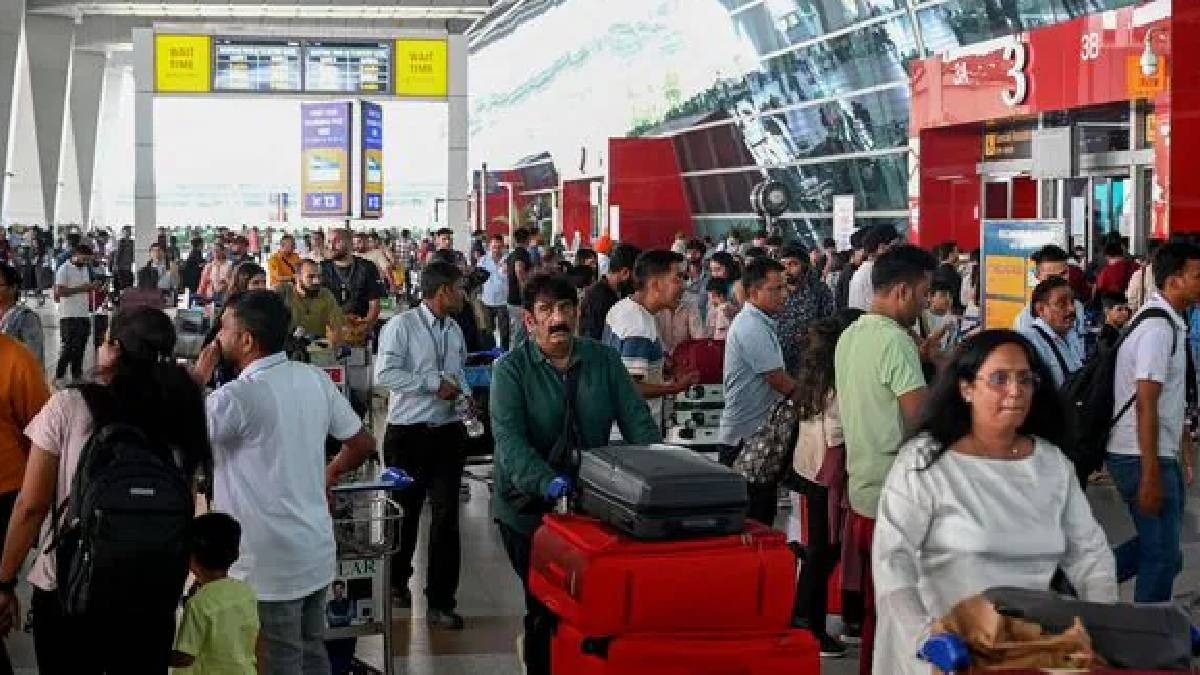Air India flight AI171, en route to London Gatwick, crashed shortly after takeoff near Ahmedabad’s Sardar Vallabhbhai Patel International Airport on Thursday, the State Police Control Room has confirmed. The aircraft involved was a Boeing 787 Dreamliner.
As investigations continue and authorities assess the scale of the disaster, questions arise over compensation, both from the airline and via personal travel insurance.
Here’s a detailed look at the financial safeguards in place for passengers and their families in such tragic circumstances.
Airline liability: What are carriers obligated to pay?
In the event of death or bodily injury on an international flight, airlines operating in India are bound by the Montreal Convention, 1999, an international treaty to which India is a signatory.
Under this convention, compensation includes:
Up to 128,821 Special Drawing Rights (SDRs) — roughly Rs 1.4 crore per passenger, regardless of fault.
Higher payouts are possible if it’s proven that the airline was negligent.
Although this framework applies to international flights, Indian carriers often extend similar coverage for domestic routes, as per the Directorate General of Civil Aviation (DGCA) guidelines.
How travel insurance can provide added financial protection
Beyond airline compensation, travel insurance plays a vital role, especially in scenarios involving accidents, severe delays, or hospitalisation.
While it is commonly used for covering baggage loss, medical emergencies, or trip cancellations, travel insurance becomes critically valuable in rare but catastrophic events such as air crashes.
Specialized flight accident insurance provides coverage specifically for accidents that may occur during air travel. Although flight accidents are uncommon, the consequences can be severe, making this type of insurance a valuable choice for travelers looking for financial security.
Comprehensive travel insurance plans provide extensive coverage designed to protect travellers against a range of risks. These typically include accidental death benefits ranging from Rs 25 lakh to Rs 1 crore and permanent disability compensation between Rs 5 lakh and Rs 10 lakh.
In the event of medical emergencies, policies often cover expenses related to hospitalisation and medical evacuation. Travellers are also eligible for reimbursements in case of flight delays or trip cancellations, and many plans offer fixed daily allowances during hospital stays or significant travel disruptions, helping to ease the financial burden during unforeseen events.
For travellers and their families, having a robust travel insurance policy can help absorb the financial shock of emergencies that are otherwise emotionally and economically devastating.
As this incident unfolds, it underscores the importance of understanding both airline liability and the scope of insurance coverage before flying.
